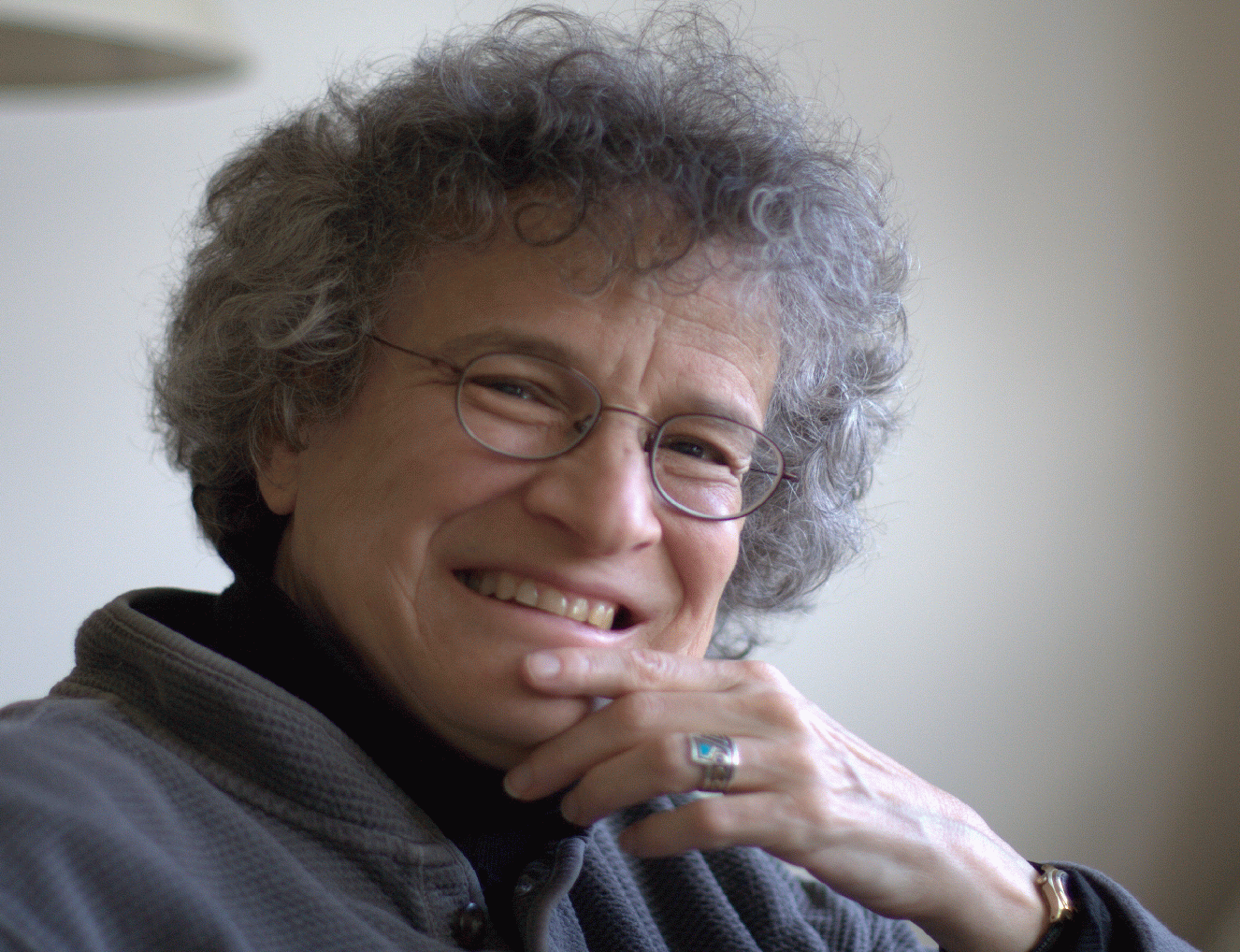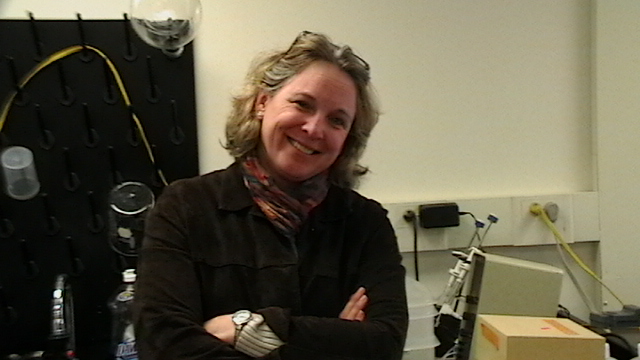Whoever says size doesn’t matter has clearly never spent twenty years studying the universe.
On the latest episode of You’re the Expert, Harvard scholar Dr. Margaret Geller confirms that size does in fact matter when you study physical cosmology, or, the application of physics to the study of the universe. Through field and lab research, Dr. Geller and her team have determined that one can measure precisely how big the universe will grow based on the rate at which the space between galaxies expands. Turns out that the expansion rate of the universe has been accelerating over time, causing the space between the galaxies that comprise our universe to widen. So all we really have to worry about is the universe accelerating at a velocity that causes matter, and all human life as we know it, to rip apart faster than the speed of light. Science. Is. Terrifying.
Terrifying, that is, for someone without five honorary doctorates for their achievements uncovering scientific truth about the vastly mysterious universe. And when it comes to scientific rigor and determination to uncover truth, Dr. Geller is no wimp – unless you are talking about someone who studies Weakly Interacting Massive Particles, or W.I.M.Ps. By that definition, she is the highest achieving WIMP at Harvard.
Along with her team of like-minded scientists, Dr. Geller spends the majority of her time formulating various hypotheses, designing units of measurement by which to study universal matter, and conducts research mostly using a very powerful telescope in Tuscon, Arizona. She then uses computer generated 3-dimensional charts to map slices of the universe into galaxies, which naturally arrange themselves into patterns that resemble bubbles. Giant monster space bubbles.
It is a remarkable accomplishment to devise ways in which to scale the cosmos down to a meaningful and scientifically digestible size. But it would be a mistake to underestimate the magnitude of this effort, because, to quote Dr. Geller, “Size does matter, and the universe wins every time.”
For more on Dr. Margaret Geller, check out this interview:
Or look at this interesting timeline of cosmological development featuring Dr. Geller.
- Lee Stephenson, Production Associate



